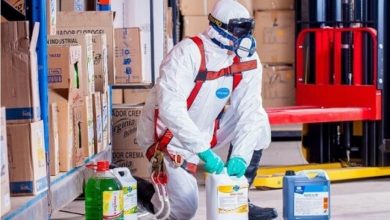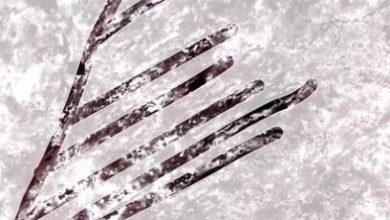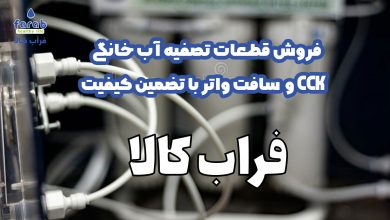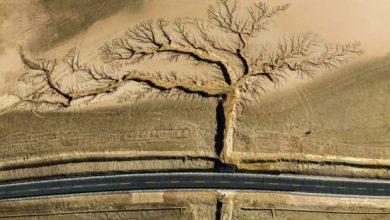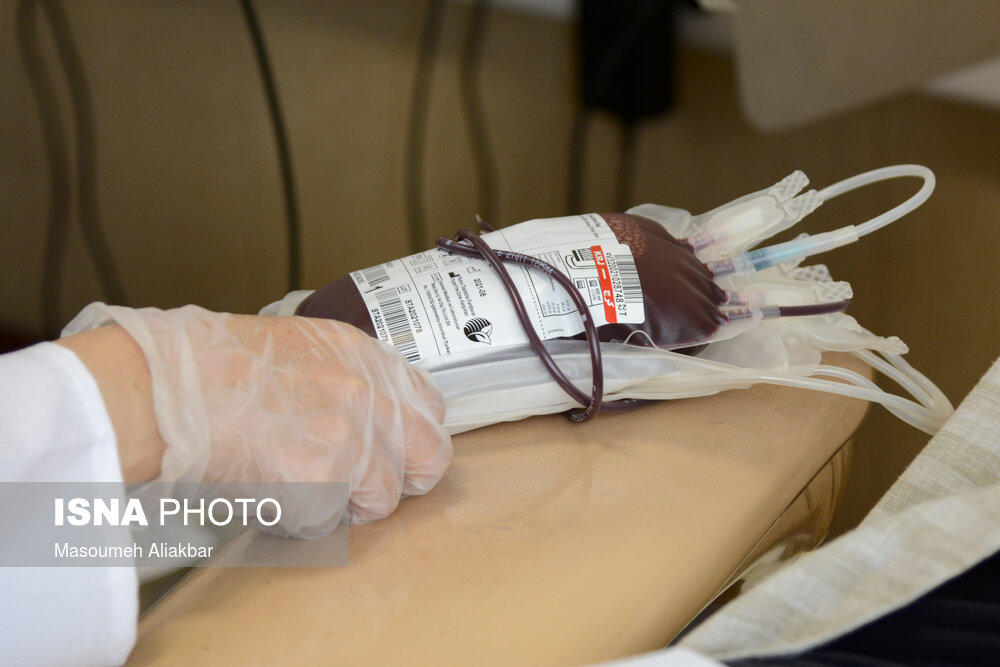
Referring to the wonderful situation of blood donation in Iran among the countries of the Eastern Mediterranean, the representative of the World Health Organization in Iran said: We hope to expand our cooperation with the Iranian Blood Transfusion Organization in order to increase knowledge exchange with other countries in the region. .
According to the informants, Dr. Syed Jaafar Hussain said at the World Blood Donor Day conference: On June 14 of every year, all countries of the world celebrate World Blood Donor Day. This year’s campaign focuses on patients who require lifelong support from blood transfusions or plasma-derived medicines.
Pointing out that donating blood annually saves the lives of millions of people, saying: Blood and its products can be given to women with bleeding associated with pregnancy and childbirth, children with severe anemia, patients with genetic disorders such as thalassemia, and victims of trauma and trauma. Emergencies and disasters help.
He added: Many countries in the Eastern Mediterranean region of the World Health Organization face challenges in providing sufficient blood while ensuring its quality and health, especially in emergencies and humanitarian crises. Voluntary blood donors without financial expectations can ensure enough blood to meet patients’ needs through continuous donation.
He stressed that World Blood Donation Day is about voluntary blood donors without financial expectations for life-saving gifts and raising awareness about the global need for healthy blood in the provision of health care and the important role that continuous and voluntary donation plays in achieving the goal of universal coverage. Health works. Thank you.
Pointing out that every donation of blood or plasma is a valuable gift, he said: This campaign shows the role that each person can play by constantly providing a valuable gift of blood or plasma to ensure a healthy and stable supply of blood and its derivatives. All patients in need
He added: It is necessary to improve access to medicines derived from blood and plasma as part of universal health coverage. Countries should provide adequate resources and establish systems and infrastructure to increase the collection of blood and plasma from voluntary and uncompensated donors by paying attention to the quality of donors and establishing systems to monitor the blood and plasma supply chain and its clinical use.
Jafar Hossein continued: The Iranian Blood Transfusion Organization, which is a partner center of the World Health Organization, is trying hard to improve access for people who need blood and healthy blood products. The valuable efforts of the Iranian Blood Transfusion Organization have made this country one of the strongest countries in the Eastern Mediterranean region in terms of knowledge and experience in blood donation.
In conclusion, he stressed: We hope to expand our cooperation with the Iranian Blood Transfusion Organization in order to increase the exchange of knowledge with other countries in the region.
the end of the letter
